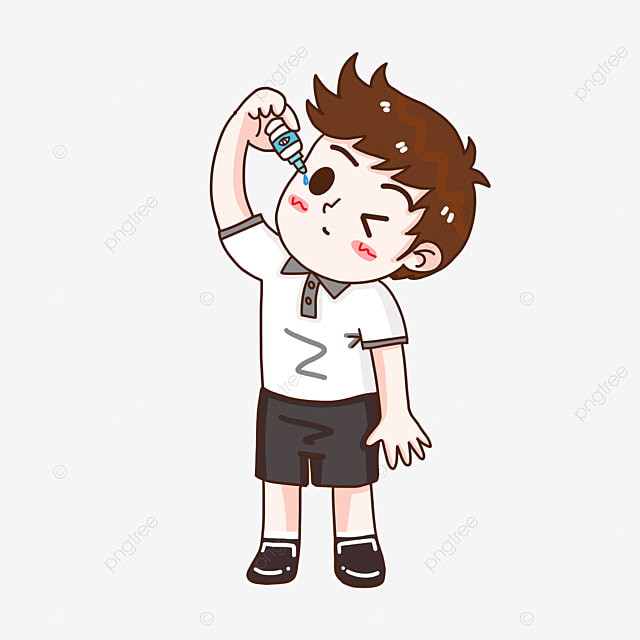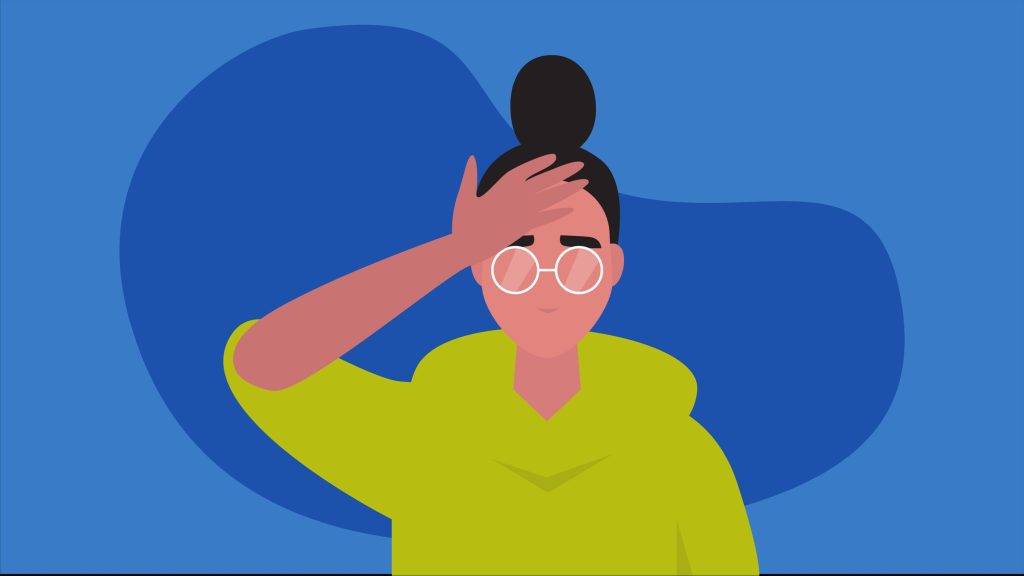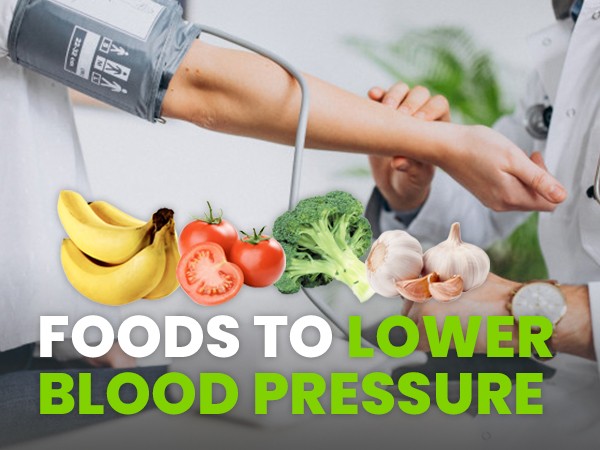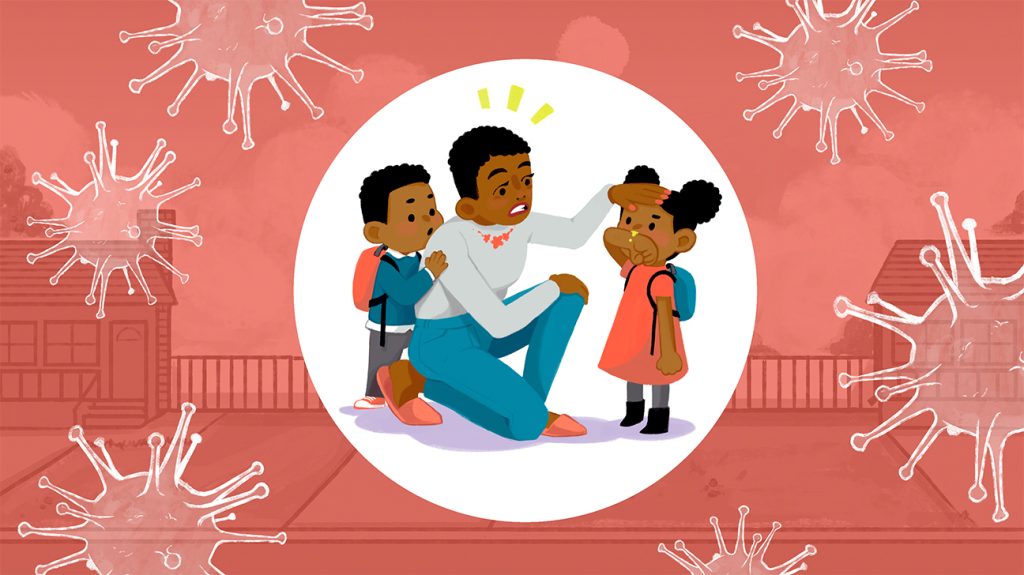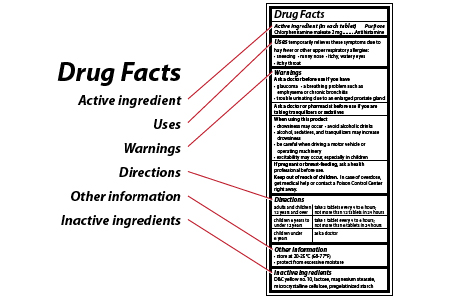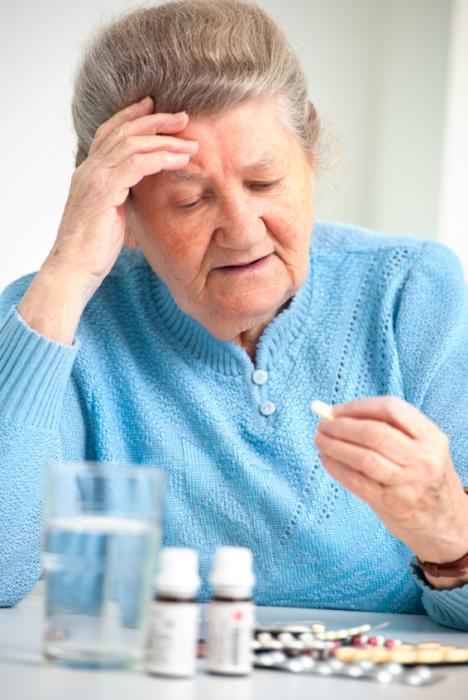Latest signs to identify you may have Spinal Stenosis.
Narrowing of the gaps in your spine is known as spinal stenosis. Although it doesn’t always result in symptoms, it can nonetheless lead to pain and weakness. Exercise and other forms of therapy can be helpful. Your upper body is supported and stabilised by the column of bones known as your spine, allowing you to twist and turn.
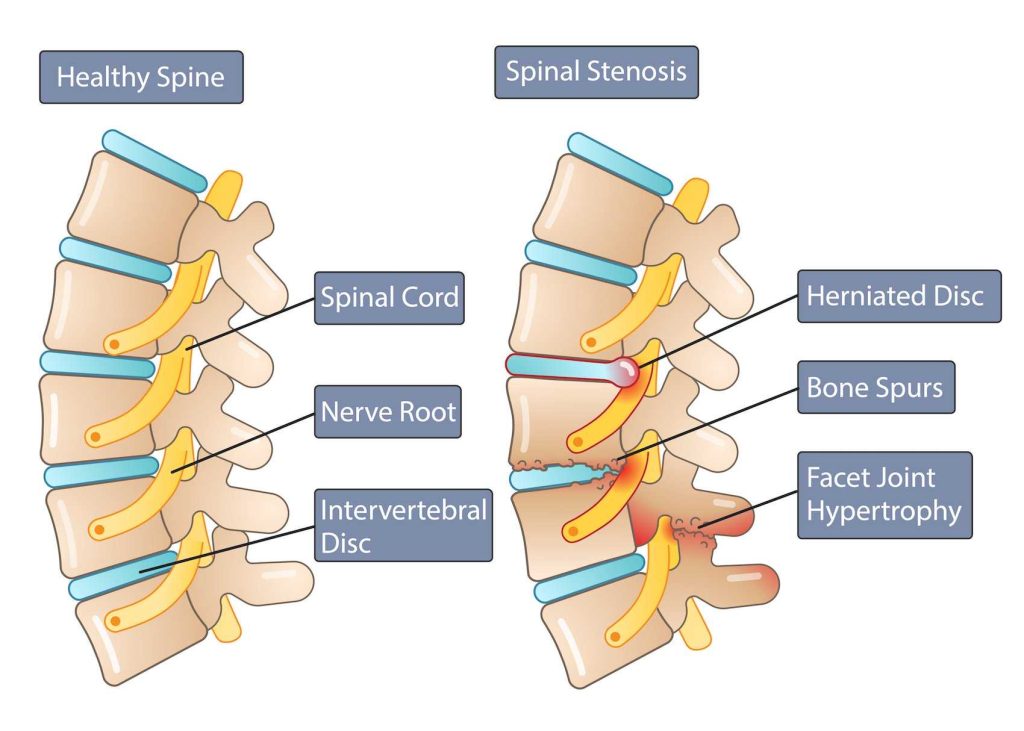
Spinal nerves, which make up the spinal cord, carry signals from the brain to the rest of the body. The surrounding bone and tissues typically shield the nerves. Walking, balance, and sensation can all be impacted by spinal nerve injury or dysfunction.
Spinal stenosis is a disorder in which the spinal cord is compressed when gaps in the spine constrict. Usually, this procedure happens gradually. Anywhere along the spine can experience it.
If the narrowing is not severe, there won’t be any symptoms. However, too much constriction may put pressure on your nerves and result in issues. Spinal stenosis comes in a number of different forms. They consist of:
- spinal stenosis in the lower back, or lumbar
- cervical spinal stenosis, a neck condition
- foraminal stenosis, which damages the holes in your bones (foramen)
- dual spinal stenosis, a condition in which at least two places of the spine are affected
Symptoms of spinal stenosis
When spinal stenosis first appears, you might or might not have any symptoms. The spinal canal constriction typically happens gradually and gets worse with time. Although spinal stenosis can develop anywhere along the spinal column, the neck and lower back are common locations. Each person experiences different symptoms, which can come and go.
Spinal stenosis in the lower back (lumbar) symptoms include:
- the lower back hurts. A dull aching or sensitivity to an electric-like or searing sensation can all be used to describe pain. Pain may ebb and flow.
- Sciatica. This pain starts in your buttocks, travels down your leg, and may even reach your foot.
- Leg heaviness that could result in cramps in one or both legs.
- tingling or numbness (“pins and needles”) in the foot, leg, or buttocks
- weakness in the foot or the leg (as the stenosis worsens).
- Standing still for a long time, walking, or going downhill might all make the pain worse.
- Leaning, bending slightly forward, going upwards, or sitting down all cause lessening of the pain.
- a lack of bowel or bladder control (in severe cases).
Neck (cervical) spinal stenosis symptoms include:
- neck ache
- tingling or numbness in the foot, leg, or arm. (Anywhere below the location of the nerve compression may experience symptoms).
- Arm, hand, leg, or foot weakness or clumsiness.
- difficulties with balance.
- loss of hand function, such as having issues
- loss of hand function, such as the inability to write or button clothing.
- a lack of bowel or bladder control (in severe cases).
The following are signs of thoracic (abdominal) spinal stenosis:
- at or below the level of the abdomen, there may be pain, numbness, tingling, and/or weakness.
- difficulties with balance.
Spinal stenosis causes
Aging is the most typical cause of spinal stenosis. The tissues and bones in your spine may begin to thicken as you age, squeezing the nerves.
Spinal stenosis may also be influenced by specific medical problems. They consist of:
- Achondroplasia: Achondroplasia is a form of dwarfism that prevents the spine’s and other elements of the body’s bones from developing normally.
- Ankylosing spondylitis: This kind of arthritis affects the spine and results in persistent inflammation. The development of bone spurs may result.
- Congenital spinal stenosis: Congenital spinal stenosis occurs when you’re born with a spinal canal that’s inherently narrow.
- Calcium deposits build up on the ligament that runs across the spinal ligament column in a condition known as ossification of the posterior longitudinal ligament (OPLL).
- Osteoarthritis: This condition causes the cartilage that protects your joints to deteriorate. In addition to causing bone spurs to develop in the spine, the disorder may also impair the cartilage that separates the vertebrae.
- Paget’s disease of the bone: A chronic disorder that makes bones weaker and larger than normal is Paget’s disease of the bone.
- Rheumatoid arthritis: Rheumatoid arthritis involves persistent inflammation, which can cause bone deterioration and the development of bone spurs.
- Scoliosis: Scoliosis is a spine curvature that is abnormal. It may be brought on by specific genetic disorders, anomalies of the nervous system, or unidentified factors.
- Spinal injuries: Bone fractures and slipped (herniated) discs can result in vertebrae or bone fragments pressing against the spinal nerves.
- Spinal tumours: These tissue growths may form in the spinal canal, set off an inflammatory response, and alter the bone in the region.
How is spinal stenosis diagnosed?
Your healthcare professional will examine you physically, inquire about your symptoms, and go over your medical history. Your doctor may feel your spine while performing a physical examination, pressing on various areas to determine whether doing so produces pain. In order to determine whether different spinal postures cause pain or other symptoms, your doctor may ask you to bend in various directions. Your healthcare professional will assess your balance, walk pattern, and arm and leg strength.
Imaging tests will be performed on your spine to inspect it and identify the precise location, nature, and severity of the issue. Imaging investigations could consist of:
- MRI: To produce cross-sectional images of the spine, magnetic resonance imaging (MRI) uses radio waves and a strong magnet. The spinal cord, discs, nerves, and any malignancies are all clearly visible in MRI pictures.
- Computed tomography (CT) or CT myelogram: A CT scan is a collection of X-rays that produces cross-sectional images of the spine. To more clearly see the spinal cord and nerves, a contrast dye is added during a CT myelogram.
- X-rays: X-rays employ a limited amount of radiation and can identify changes in bone structure, such as loss of disc height and development of bone spurs that are decreasing the space in the spine.
Treatments for spinal stenosis
Treatment options for stenosis vary on the nature of the disease, where it is located, and how severe the symptoms are. Your doctor might advise trying some self-care solutions first if your symptoms are minor. Your doctor might advise physical therapy, medication, and ultimately surgery if these don’t help and your symptoms get worse.
Among the self-help options are:
- Apply heat: Heat is typically a better option for osteoarthritis pain. Heat promotes blood flow, which eases painful joints and relaxes muscles. Use caution when utilising heat; don’t raise the temperature too high to avoid getting burned.
- Apply cold: If heat isn’t relieving your problems, try using cold instead (an ice pack, frozen gel pack, or frozen bag of peas or corn). Ice is often administered for 20 minutes on, 20 minutes off. Ice helps to lessen inflammation, soreness, and swelling.
- Exercise: As long as you first consult with your healthcare professional, exercise is beneficial for pain relief, building back muscles that support your spine, increasing flexibility, and improving balance.
Non-surgical treatments include:
- Oral medications
- Physical therapy:
- Steroid injections
- Decompression procedure
Spinal stenosis surgery
Surgery is typically only undertaken after all other treatment options have failed due to the complexity of spinal stenosis and the delicate nature of the spine. Fortunately, surgery is not usually necessary for those with spinal stenosis. However, discuss your surgical alternatives with your doctor if:
- You can’t do or enjoy daily tasks because of your symptoms, and you no longer have the quality of life you want.
- Pressure on the spinal cord is the root of your discomfort.
- Walking and keeping your equilibrium have becoming challenging.
- You have issues with your sexual function or have lost control of your bowels or bladder.
Can spinal stenosis be prevented?
You can’t completely prevent spinal stenosis because the majority of its causes are age-related “wear and tear” ailments like osteoarthritis and the loss of bone and muscle mass. However, there are steps you may do to reduce your risk or stop the progression, such as:
- Maintain a healthy diet and a healthy weight.
- Avoid smoking. If you currently smoke, stop. Ask your doctor for help quitting if you need it.
- Maintain a straight spine.
- Exercise. Stay active, but avoid painful exercises. Before beginning a home fitness regimen, consult with your doctor or physical therapist. Oversleeping might be more detrimental than beneficial.
Also bear in mind that, despite the fact that there is no “cure” for spinal stenosis, the condition’s symptoms can be effectively managed using nonsurgical or surgical methods.
REFERENCES:
- https://www.healthline.com/health/spinal-stenosis
- https://www.mayoclinic.org/diseases-conditions/spinal-stenosis/symptoms-causes/syc-20352961
- https://www.webmd.com/back-pain/ss/slideshow-spinal-stenosis
- https://my.clevelandclinic.org/health/diseases/17499-spinal-stenosis
For more details, kindly visit below.
